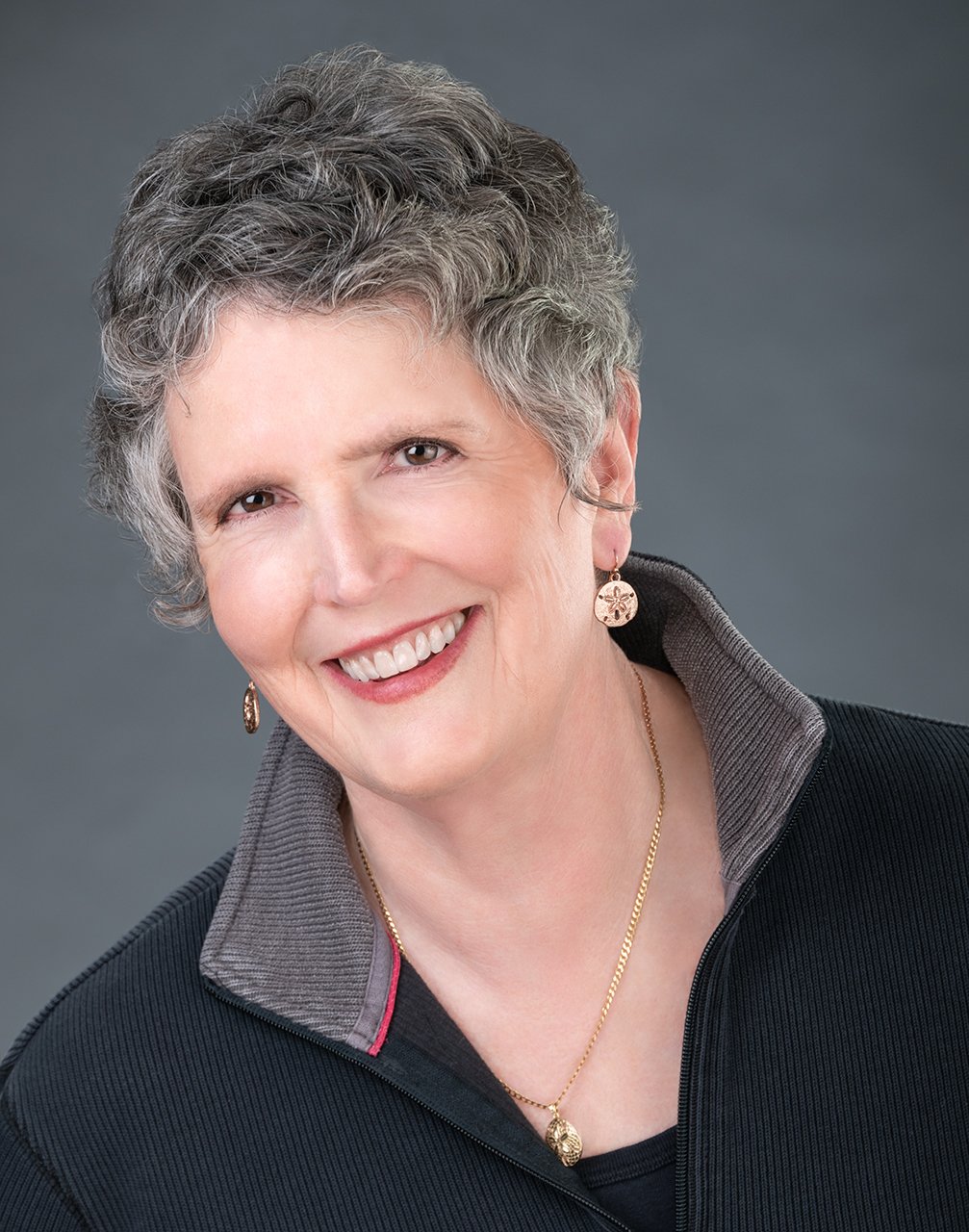Patricia Grayhall
Patricia Grayhall is a medical doctor and author of Making the Rounds: Defying Norms in Love and Medicine as well as articles in Queer Forty and The Gay and Lesbian Review. After nearly forty years of medical practice, this is her debut, very personal, and frank memoir about coming out as a lesbian in the late 1960s and training to become a doctor when society disapproved of both for a woman. Patricia chose to write using a pen name to protect the privacy of some of her characters as well as her own. She lives with the love of her life on an island in the Pacific Northwest where she enjoys other people’s dogs, the occasional Orca and black bear, hiking, and wine with friends.
Twitter: @PGrayhall
Is there a genre of music that influences your writing/thinking? Do you listen to music while you write?
When I was writing my memoir, based in the late 1960s through the 1970s, I listened to some of the artists popular at that time such as Elvis Presley, Joni Mitchell, Holly Near, Chris Williamson, the Bee Gees, and disco artists such as Donna Summer and Dr. Buzzard’s Original Savannah Band. My favorite album to listen to was k.d. Lang’s Remembrance.
While writing, I take breaks, get on my elliptical trainer, pump up the music in my earbuds, and get ideas for writing the next scene.
Favorite non-reading activity?
My favorite non-reading activity is hiking with a dog. If I don’t have one at the time, I borrow someone else’s. I split my time between Seattle and Vancouver Island so I have many choices of forest, mountain, and seaside hikes. I have encountered eagles, otters, the occasional black bear, owls, and the tracks of a cougar. I get some of my best ideas for scene writing from sitting on a rock, gazing at the Strait of San Juan de Fuca or the sky through a canopy of trees.
What’s the oddest thing a reader has ever asked you?
One reader of an early draft of my book, asked me what men had done to me to make me a lesbian. I suppose the thinking that women become lesbians because of mistreatment by men, is not that uncommon, but I was left with my mouth hanging open.
I was born a lesbian, always with an attraction to girls and women in my earliest memories. Because I grew up in the 1950s and 1960s, I tried hard to be straight with sometimes untoward outcomes, but that did not make me a lesbian and I do not hate men, (nor would I ever want to be one). My best friend, with whom I lived all through medical school, residency and beyond, is a man and in the early days of medicine, I worked 70-80 hours a week with men. My attraction to women is an irresistibly positive draw, not a negative reaction to men.
What period of history do you wish you knew more about?
Both my grandmothers were born in the 1870s and both had at least two years of college before becoming teachers (one of the few professions available to educated women). Both were pioneers, one settling in Tombstone, Arizona, and the other in a small town in Grays Harbor County, Washington. I would like to know more about women’s history. Most of the history of that era focuses on the achievements of men but women contributed so much to the history of the West during the transformative years of the late 1800s-early 1900s. Unfortunately, one died before I was born and the other before I was old enough to ask her about her life in Tombstone.
Not all books are for all readers…when you start a book and you just don’t like it, how long do you read until you bail?
I am in my seventies and don’t have time to waste on books that don’t entertain me or allow me to learn something meaningful. If there is gratuitous violence or too much misogyny without resolution, I put the book down right away (or don’t bother to pick it up in the first place). This might happen on the first page or half-way through. I don’t feel compelled to read a book all the way through. I had too much compulsory reading required in my medical training.
